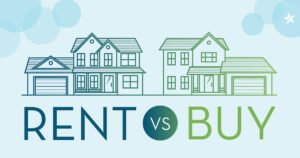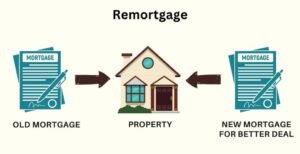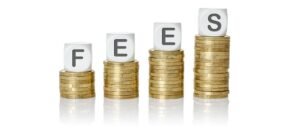
Congratulations! You’ve found your perfect place to binge-watch and unwind – a flat with a balcony overlooking the park or a cozy townhouse perfect for hosting movie nights. But before you unpack the popcorn and settle in, there’s one key decision to make: freehold or leasehold?
These terms might sound like legalese, but they simply define how much control you have over your new home. Think of it like subscribing to your favorite show on a streaming platform (leasehold) versus owning the entire boxset on DVD (freehold). Let’s explore the key differences to help you choose the right ownership path for your new home.
Freehold: Owning the Boxset and the Player
Imagine buying the complete boxset of your favorite show – that’s freehold ownership in a nutshell. You own the entire property, including the building itself and the land it sits on. Want to build an extension to make the kitchen larger? Or maybe convert the spare room into a home cinema with all the bells and whistles? The decision is entirely yours! You’re also responsible for all maintenance and repairs, from fixing a leaky roof to replacing a worn-out carpet.
Here’s what you get with freehold ownership:
- Complete control: You own the property outright, giving you maximum flexibility to personalise and modify your space.
- Potential for growth: As property values increase, so does the value of your investment.
- Leaving a legacy: You can pass your freehold property down to loved ones in your will.
Leasehold: Subscribing to the Show on Netflix
Think of leasehold ownership like subscribing to a show on a streaming platform like Netflix. You have the right to enjoy the property (your flat) for a fixed period, typically ranging from 99 to 999 years. There’s usually also a ground rent to pay to the freeholder (the owner of the land), similar to a monthly subscription fee. You might also have to contribute to service charges to cover maintenance of communal areas like hallways, elevators, or even gardens.
Here’s what to consider with leasehold ownership:
- Restrictions: You might have limitations on renovations or alterations to the property, as dictated by the lease agreement. For example, getting permission to knock down walls might be difficult.
- Lease Length: A shorter lease term can affect the property’s value. You might also face the cost of extending the lease in the future, which can be expensive.
- Extra costs: Ground rent and service charges can add to your monthly expenses.
Freehold vs. Leasehold: Choosing Your Ownership Path
The best option for you depends on your individual circumstances and priorities. Here are some things to consider:
Budget: Freehold properties generally come with a higher upfront cost, while leasehold properties might require additional costs like ground rent and service charges.
Long-Term Plans: If you plan to stay in the property for a long time and want more control, freehold ownership might be preferable. For shorter stays or a more hands-off approach, leasehold could be an option.
Level of Control: Freehold offers more control over your property, while leasehold comes with more restrictions and less flexibility.
Finding Your Perfect Place – Freehold or Leasehold
At The Invested Mortgage Broker, we can guide you through the intricacies of freehold and leasehold ownership. We’ll help you understand the specific details of the properties you’re considering and ensure you make an informed decision that aligns with your financial goals and lifestyle.
Don’t let these terms confuse you! Contact us today for a free, no-obligation chat. Together, we can turn your dream of homeownership into a reality, whether it’s owning your dream semi-detached house or a cozy flat in an apartment block.






